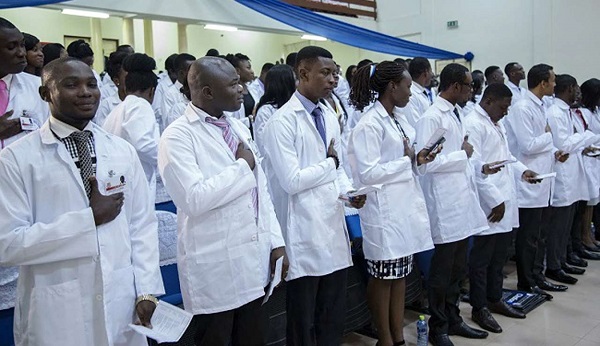
The West African Institute of Public Health (WAIPH) has welcomed the launch of a €1.5 billion primary health financing platform by the World Health Organisation (WHO) in collaboration with multilateral development banks.
This initiative aims to address critical gaps in primary healthcare, particularly in vulnerable and underserved communities across Africa.
In an interview with Science Nigeria on Sunday in Abuja, director-general of WAIPH, Dr. Francis Ohanyido emphasised the importance of prioritising essential needs, effective governance and community-centred approaches to strengthen primary healthcare systems. He noted that the platform would focus on 15 Pathfinder countries, including Senegal and The Gambia in West Africa, which aligns closely with WAIPH’s mission to improve health outcomes across the region.
“We commend the WHO, African Development Bank, European Investment Bank, and Islamic Development Bank for their commitment to financing primary healthcare,” Ohanyido stated. “WAIPH will collaborate with governments and partners to ensure the platform’s successful implementation and lasting impact.”
He highlighted that this Health Impact Investment Platform represents a significant milestone toward achieving universal health coverage (UHC) and advancing the Sustainable Development Goals (SDGs). Ohanyido called for continued investment and partnerships to close healthcare gaps and build resilient health systems across Africa.
He also revealed that the platform would be a major focus of the upcoming Africa Primary Health Care Forum (APHCF), scheduled for July 24-25, 2025, in Abuja, Nigeria. Key stakeholders will gather to discuss the future of primary healthcare financing.
According to Science Nigeria, the WHO, in partnership with multilateral development banks (MDBs), has launched this €1.5 billion Health Impact Investment Platform to strengthen primary healthcare systems in low- and middle-income countries (LMICs). The platform aims to boost resilience against pandemics and the climate crisis, with investment plans already being implemented in countries like Burundi, Ethiopia, Jordan and the Maldives.
The European Investment Bank, African Development Bank and Islamic Development Bank have committed initial funds, while the Asian Development Bank plans to join the initiative. This effort will mobilise €1.5 billion in concessional loans and grants to improve healthcare in vulnerable and underserved communities.

